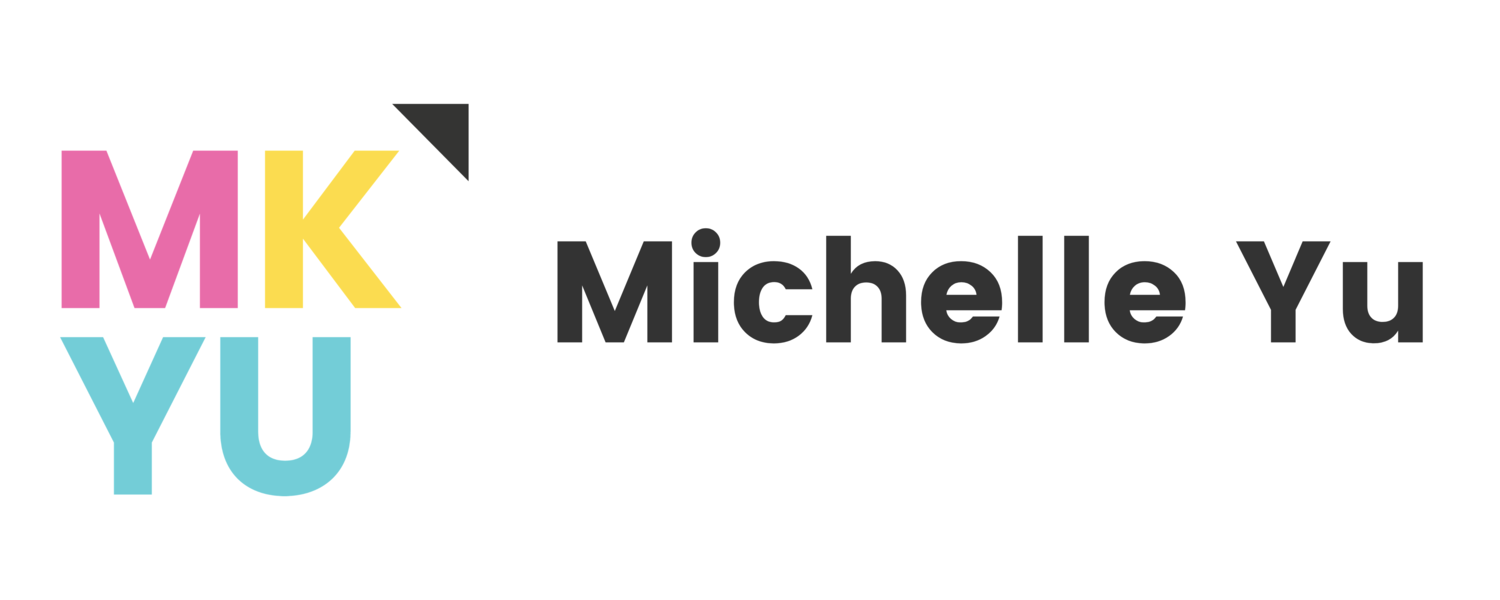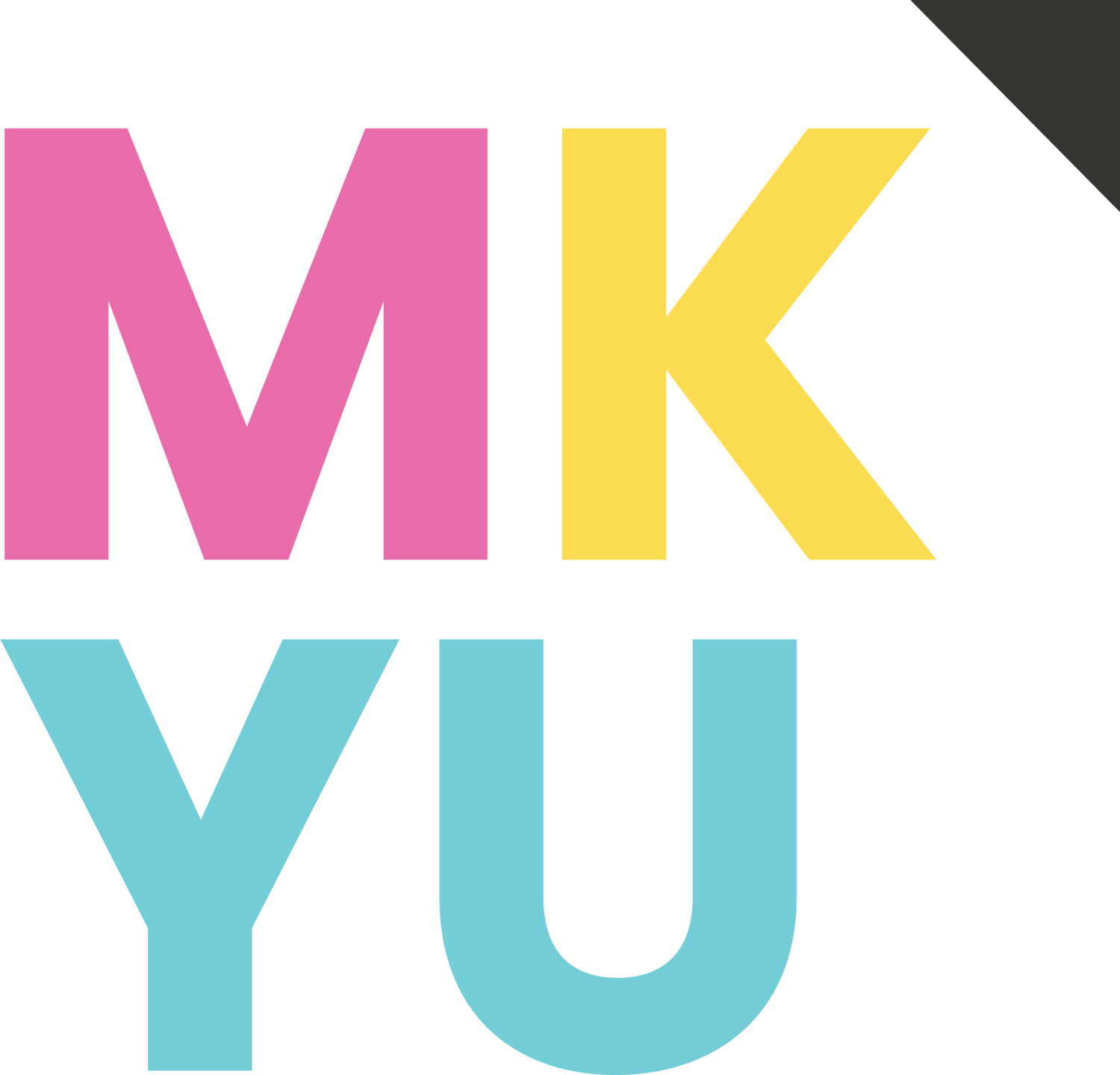Networking Tips for Introverts
Ever since I can remember, my mom always told me that "it's about who you know rather than what you know." At school and professionally, I was constantly reminded of the need to network. As an introvert, networking always made me feel a little uncomfortable; plus, I consider myself a more reserved person. I would attend events and feel awkward about introducing myself. I disliked small talk. It felt unnatural to force a connection with someone I barely knew. I question how adding another acquaintance to my social network would benefit me. And most importantly, I felt young and inexperienced in the field, rambling or nodding my head to conversations I can barely follow. Leave me alone; I just want to be a wallflower.
But why is it important? Because 70-80% of jobs are found through networking.
Until recently, I realized the power (and magic) of networking, and why we should all do it. I had to force myself to get over my introversion fears; nowadays, people (like my mom) don't believe me when I say I'm an introvert.
If you sound anything like me, here are a few tips on how to make networking less scary and how to be more successful at it.
Quality over quantity If you are at a networking event and you see your colleague picking up 5x more business cards than you, don't get discouraged. As an introvert, we tend to value small intimate group settings, rather than large parties -- and that's perfectly okay. In fact, interacting closely and having just 5 quality conversations during an event will give you not only more alone time with the person, but also give you the opportunity to know them better. If you met 50 people at an event, that's great, but that doesn't necessarily mean that the depth of your conversation will get you somewhere. Plus, it's more difficult to keep in touch with all 50 contacts, or to have them all remember who you are. Find your 5 quality people, nourish that relationship, keep in touch with them, and expand your network on-going.
It's a two way street When I was younger, I thought networking was so superficial. I felt like a phony because as a sales representative, my train of thought was that everyone was a lead; my ulterior motive was to sell and weasel my way into getting that sale. Since a lot of the people I met were senior and older executives, I didn't feel like I could do anything in return for them. What do I have to offer them anyway? Now that I look back, I was approaching this all wrong. I can add value. If not now, then maybe in the future when I am more established. Plus, senior executives could use a young, fresh, millennial perspective on things.
Here's an example: in 2010, I was an intern in the Department of Commerce in Washington D.C., and briefly met the head of department I was interning at. I just graduated undergrad, and it was intimidating to meet such a "bigwig." After all, he was appointed by Obama and everyone in this org essentially reported to him. I shyly added him as a contact on LinkedIn (because one of the other fearless interns encouraged me to), and he accepted my request. We never talked until earlier this year (aka 4 years later) when he messaged me, asking for advice on how to build a team. Since then, we have a cordial relationship, and I consult for his start-up every once in a while.
Moral of the story: It's a two way street. Even if you aren't as established in your career (now), don't be intimidated because there's always a possibility to work together down the line. Stop approaching networking as a bunch of leads; humanize people, connect with them on a personal level, and find ways you could both help one another out.
The more you give, the more you get To reiterate my point above, networking is all about helping one another out. You scratch my back, I'll scratch yours. You should always be willing to offer your help first. I find that those who are defensive or unwilling to help out their contacts will get less in return; people seem to remember that down the line. For example, if you ask a business acquaintance for an introduction to one of their contacts, and they help you out, you should be prepared to do the same if the tables turn. If someone has done favors for you in the past, it's bad etiquette to refuse if they ask you for a favor back. These are some tips that I've learned from Dale Carnegie's "How to Win Friends and Influence People."
Make new friends, but keep the old.. Remember that nursery rhyme we used to sing when we were kids? Yeah, it still applies in business. Stay in touch with your business acquaintances, new and old! Maybe you haven't seen them in a while, and you're not bold enough to invite them for lunch. Technology is great because it makes for keeping in touch really easy. Try commenting on LinkedIn/Facebook updates, forwarding an email that reminds you of them/their job, or sending a text message to keep in touch. Being truly genuine allows relationships to grow naturally and organically.
See? Networking as an introvert isn't so bad! It just takes practice and viewing it from a different perspective. Also, for those who haven't already seen Susan Cain's TED Talk about The Power of Introverts, I highly recommend watching it! Her book, "Quiet" is phenomenal and sheds a completely different light on how to perceive introversion.

